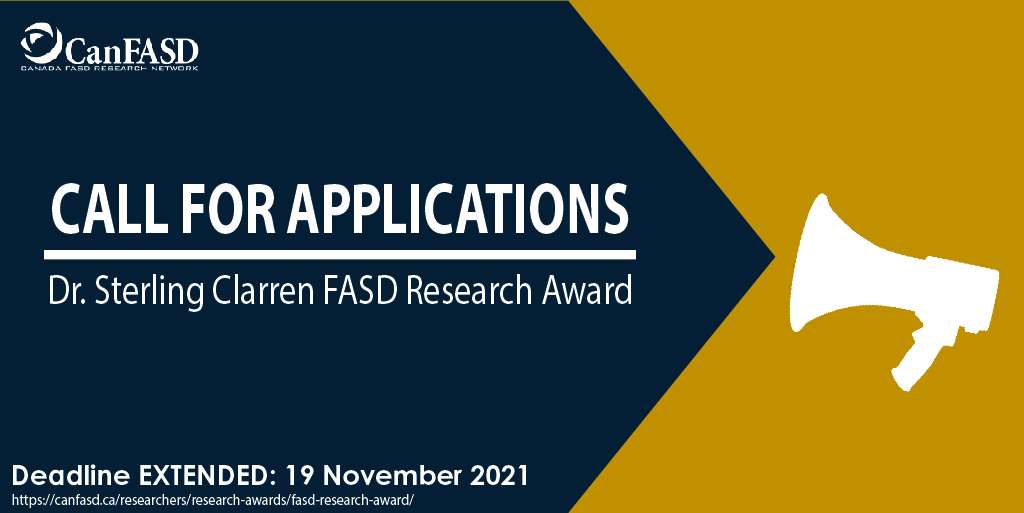What was your research project?
My dissertation research focused on health care students in Northern Ontario, including medical students, nurse practitioner students, and midwifery students, regarding their knowledge, attitudes, and self-
efficacy supporting pregnant women and individuals with FASD. I was particularly interested in students’ attitudes and beliefs about alcohol consumption during pregnancy, including their recommendations about alcohol use and their perceptions of who drinks during pregnancy.
Where is your research at now?
I published three studies from my dissertation. The first study was a secondary data analysis of the 2001-2002 Fetal Alcohol Syndrome Survey for Health Professionals using a subset of the data specific to Ontario. The findings from this full dataset were recently updated and published in September 2021.
I also published two papers on my original research which focused on the qualitative findings from scenario-based vignettes and semi-structured interviews about alcohol consumption during pregnancy. All three studies are available open access.
Since completing my PhD, I have also gone on to supervise and co-supervise several undergraduate honours thesis and Master’s thesis students. Several students have worked on extensions of this research, including Celisse Bibr (current PhD Candidate at Laurentian University), Rachel VanderVecht (current MA student at Laurentian University), and Kaley Pepin (current MA student at Brock University). We have also expanded this research to include psychology and social work students.
As a result of this work, I have also been engaged with a research project aimed at creating an FASD prevention campaign for the Greater Sudbury area. This work is supported by our community partners in the region, including Public Health Sudbury and Districts and several graduate student researchers in Interdisciplinary Health.
What are you doing now?
I now work for the Canada FASD Research Network (CanFASD)! I am still an avid FASD prevention researcher, interested in the sociocultural discourses that overlap with FASD prevention. My research on “wine moms” and women’s alcohol use was recently published. I’m also researching the representations of alcohol use during pregnancy on primetime and streaming television. In my work with CanFASD, I have the privilege to work in several areas relevant to FASD, including assessment and diagnosis, child welfare, and prevention.
